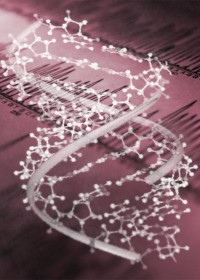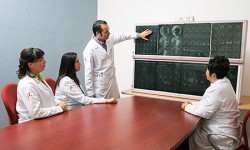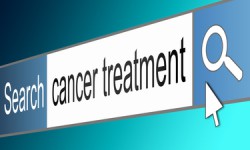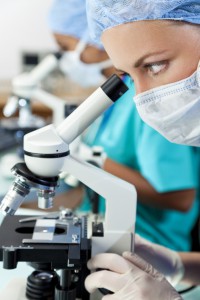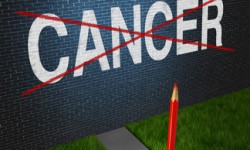
In a recently released paper from the University of Kansas, scientists announced they have isolated six molecules capable of blocking the protein HuR. Known as an “oncoprotein” that attaches itself to RNA, the HuR protein enables tumor growth. These findings could potentially lead to new non-toxic cancer treatments like those used by Issels® Integrative Immuno-Oncology. Personalized treatment protocols and immunotherapy are proving to be the best route to a cancer cure.
HuR inhibitors
Researchers have been studying HuR cells for many years. The cancer-building protein is found at high levels in practically every type of cancer. These six molecular needles that the University of Kansas scientists have found in the haystack of human molecules are considered a significant breakthrough in halting cancer stem cells, which are considered the seeds of cancer. According to Liang Xu, associate professor of molecular biosciences and one of the authors of the paper, there were no known HuR inhibitors prior to this discovery.
Potential for a wide array cancer treatments
Xu goes on to say that because HuR has a significant role in so many different types of cancer, the discovery of these proteins holds promise for new cancer drugs in the fight against cancers that attack all areas of the body. HuR and other RNA-binding proteins have been considered untreatable until now. This study, published in ACS Chemical Biology, provides proof of the concept that a new class of cancer drugs can be developed specifically for cancer stem cells.
The treatments used at Issels® Integrative Immuno-Oncology are the result of decades of research and scientific breakthroughs. Contact us to learn more and sign up for our free e-News-letter.


